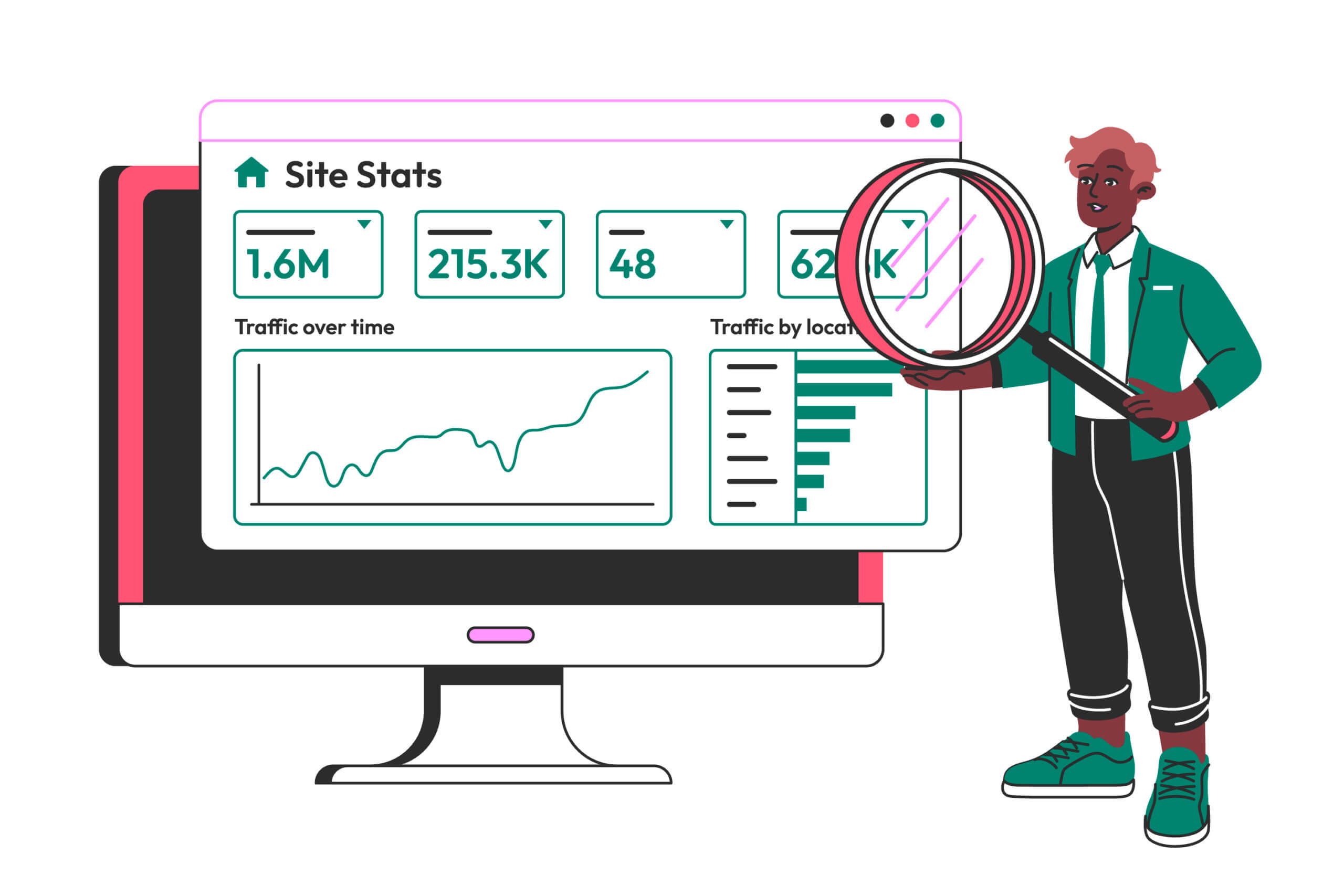
In the rapidly evolving digital landscape, the way users interact with search engines is undergoing a significant transformation. Zero-click searches, where users find answers directly on search engine results pages (SERPs) without clicking through to a website, are becoming more prevalent. This article delves into the concept of zero-click searches, explores its implications for digital marketers, and provides strategies for adapting to this changing search behavior.
The Rise of Zero-Click Searches
Instant Answers at Your Fingertips
Search engines, particularly Google, have evolved to provide users with immediate answers through featured snippets, knowledge graphs, and other rich results displayed directly on SERPs.
From Clicks to Information
Zero-click searches occur when users find the information they need without clicking on any search result links. This trend has implications for both user behavior and digital marketing strategies.
Understanding the Implications
Changing User Behavior
Zero-click searches reflect users’ preference for quick, concise answers. Users are more likely to stay on SERPs to gather information rather than navigating to external websites.
Impact on Website Traffic
For website owners, zero-click searches can lead to a decline in organic traffic, particularly for queries answered directly on SERPs. This shift challenges traditional approaches to SEO and content creation.
SERP Dominance
Search engines are becoming the primary source of information. Brands that optimize for featured snippets and other rich results can establish authority and visibility.
Strategies for Adapting
Optimize for Featured Snippets
Featured snippets are prime real estate on SERPs. Brands can optimize content to answer common questions in a concise, informative manner to increase the likelihood of being featured.
Focus on Semantic Search
Search engines now understand context and user intent. Creating content that comprehensively covers a topic and includes relevant keywords enhances visibility in various search contexts.
Structured Data Markup
Implementing structured data markup helps search engines better understand content. This markup can lead to enhanced rich results and increased visibility.
Leverage Local SEO
For local businesses, zero-click searches can drive foot traffic. Optimizing for local search features like Google My Business can enhance visibility in local SERPs.
Enhance User Experience
Creating user-friendly, mobile-responsive websites with easily accessible information encourages users to explore beyond SERPs.
Diversify Content Formats
To engage users beyond SERPs, brands can leverage diverse content formats such as videos, podcasts, and interactive experiences.
Preparing for a Zero-Click Future
Focus on Brand Exposure
Zero-click searches may not directly lead to website visits, but they expose users to brands. Consistent visibility in search results can enhance brand recognition.
Quality Over Quantity
Instead of focusing solely on driving clicks, brands should prioritize delivering valuable, relevant information that meets user needs.
Monitor and Adapt
Regularly monitor changes in search behavior and SERP features. Adapt strategies based on evolving trends and user preferences.
Conclusion
The era of zero-click searches signals a shift in how users engage with search engines and consume information. While it poses challenges for traditional website traffic metrics, it also presents opportunities for brands to establish authority, visibility, and recognition directly on SERPs. By adapting SEO strategies, optimizing content for featured snippets, and creating user-centric experiences, brands can navigate this evolving landscape and successfully meet users’ information needs in a world where clicks are no longer the sole measure of online engagement.
















